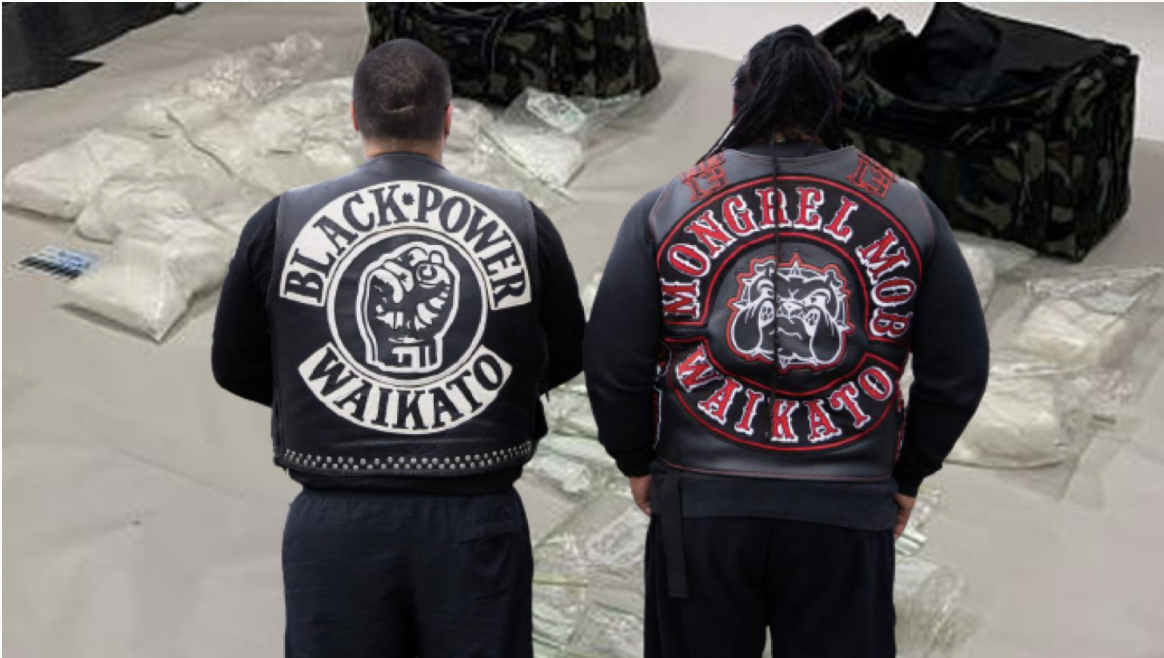Lindsay Mitchell
lindsaymitchell.blogspot.com
Lindsay Mitchell has been researching and commenting on welfare since 2001. Many of her articles have been published in mainstream media and she has appeared on radio, tv and before select committees discussing issues relating to welfare. Lindsay is also an artist who works under commission and exhibits at Wellington, New Zealand, galleries.
According to the Ministry of Social Development, “The harm inflicted by gangs is a serious issue in New Zealand. We have a complex gang problem that spans social, economic and justice issues.”
That was 2014 when there were 3,960 adult gang members known to police.
Last year, in 2021, it was reported: “As of June 30, there were 8,061 gang members on the list curated by police, up from 5,343 at the end of 2017.”
Over an examined 21 year period, 92 per cent of gang members received a benefit at some point with the average duration of receipt at 8.9 years.
Their rents are often paid through the accommodation supplement if not through income-related rents and emergency housing in motels etc. And their food is often paid for through hardship grants.
Gang partners are also paid single parent benefits and child tax credits. Their weekly ‘package’ can amass more than $1,000.
In 2014:
There are in the order of 6,000 to 7,000 children known to be associated with gang members who are growing up in welfare recipient families, and are subject to high rates of abuse and neglect.
A total of 3,516 children of gang members were recorded as being the victims of abuse or neglect that had been substantiated on investigation by Child, Youth and Family. This is 60 per cent of the total 5,890 known children of gang members.
The alleged perpetrator of abuse or neglect of gang members’ children was more often recorded as the child’s mother than the gang member father.
Gang members do not itch to attach themselves to clever, educated and independent females. Gang women are often the female offspring of gang parents who taught them how to care for children.
But it is important to gang members to father children, and they do it more frequently than non-gang members – 2,337 gang members had benefit spells that included 7,075 dependent children.
Lately there’s a lot of noise over the deported 501s and their contribution to escalating gang and gun violence.
But New Zealand does very well in amplifying its homegrown problem through strong welfare incentives and weak child protection services.
Today National leader Chris Luxon released his getting-tough-on-gangs policy. To be honest I haven’t even read it.
Because a couple of days ago Chris Luxon told Guyon Espiner that National would raise benefits under his government.
Now National leader, he rules out welfare cuts and says the party will raise benefits if it wins power (without specifying when and by how much).
“I can tell you right now, I’m not dreaming up a policy to reform welfare …”
Then you aren’t serious about gangs – this generation and the next… and the next…

